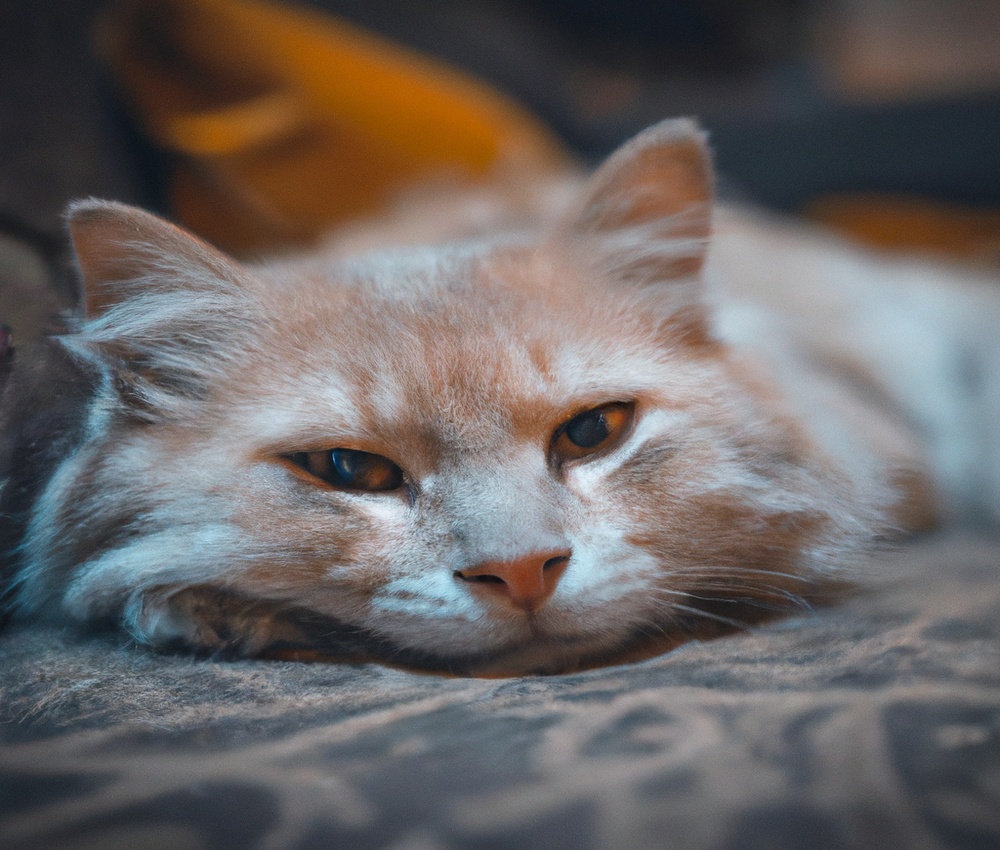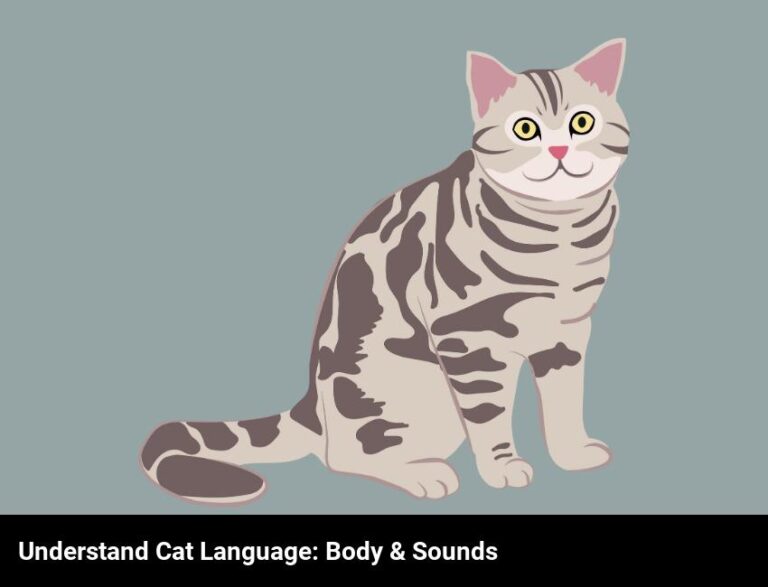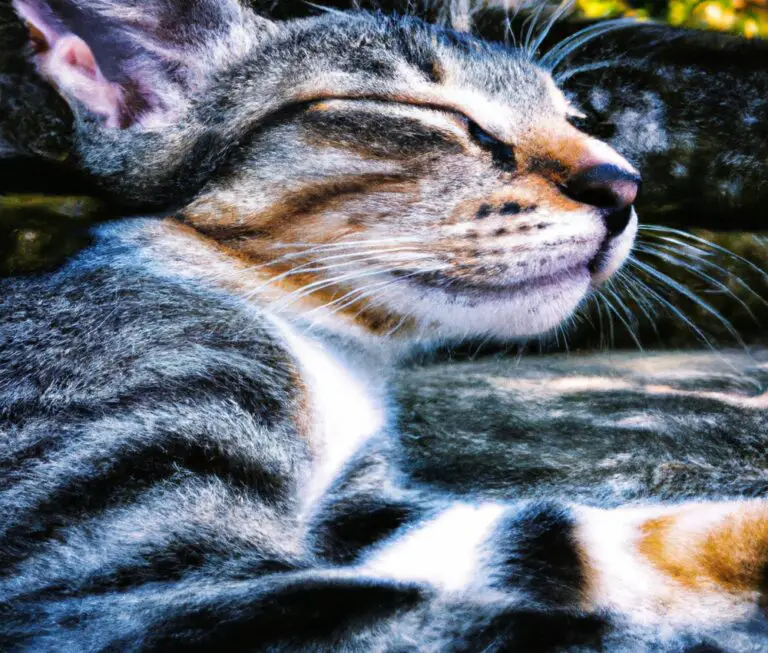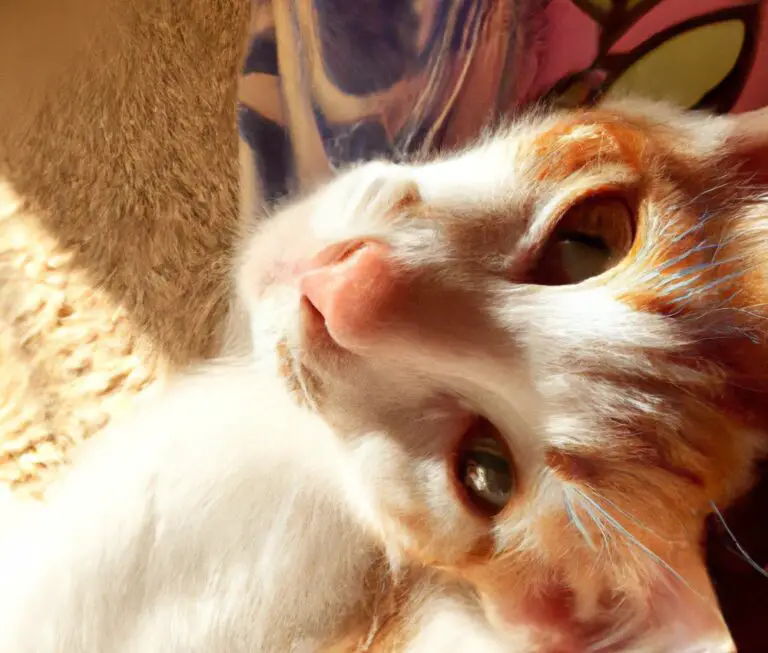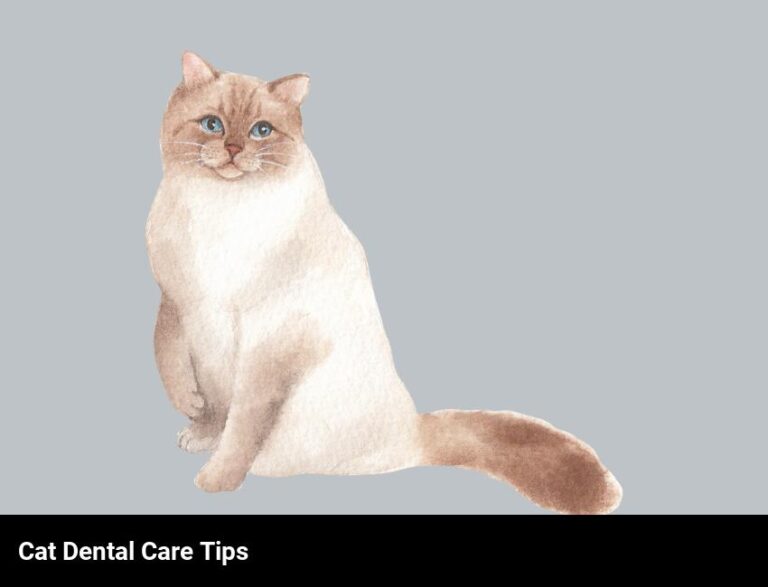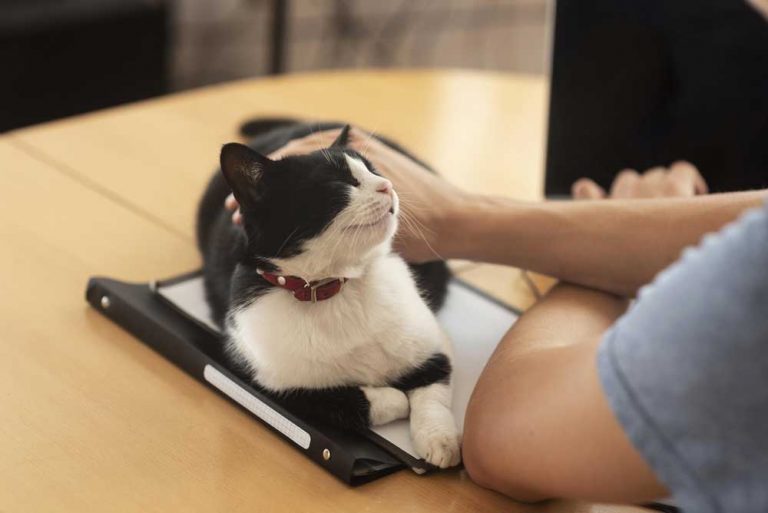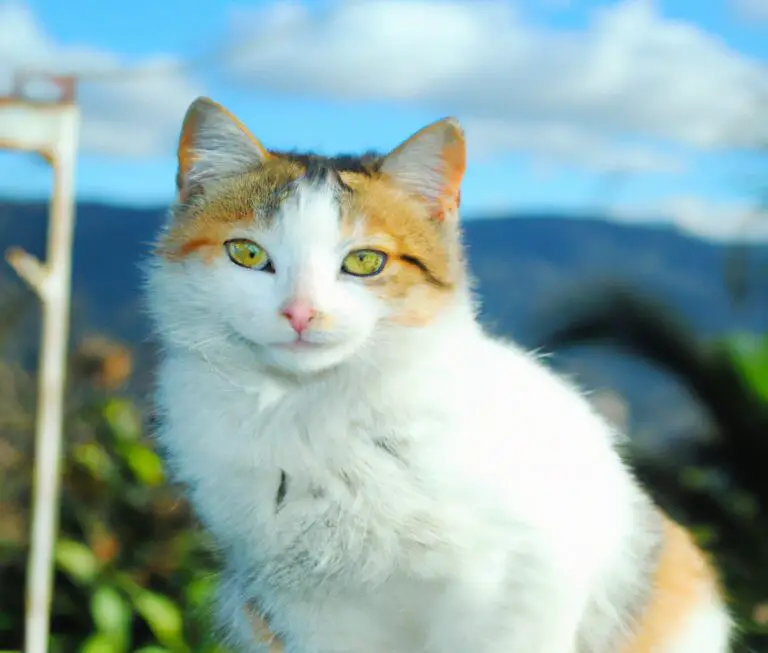Why Is My Cat Obsessed With Oatmeal?
Key Takeaways:
- Cats may be attracted to oatmeal due to its scent and texture.
- Oatmeal can provide some nutritional benefits for cats, but should be fed in moderation.
- It is important to ensure that oatmeal is properly cooked and prepared before offering it to your cat.
- If your cat excessively craves or consumes oatmeal, it may be a sign of an underlying dietary issue.
Have you ever caught your curious feline sneaking a taste of your oatmeal? If you’re wondering why your cat seems strangely obsessed with this breakfast favorite, you’re not alone.
As a cat behavior expert, I’ve delved deep into the world of feline food preferences, and I can’t wait to share my insights with you.
In this article, we’ll explore the factors that influence a cat’s food choices and uncover the appeal of oatmeal for our furry friends. Get ready to unravel the mystery behind your cat’s love affair with oatmeal!
| Reasons | Explanation |
|---|---|
| 1. Smell | Cats have a strong sense of smell and may be attracted to the aroma of oatmeal. |
| 2. Texture | The soft and mushy texture of oatmeal might mimic the feeling of grass, which some cats find enjoyable. |
| 3. Taste | Oatmeal can have a mild, slightly sweet taste that some cats may find appealing. |
| 4. Nutritional value | Oatmeal can provide some nutritional benefits for cats, including fiber and carbohydrates. |
| 5. Comfort | Feeling warm and cozy while eating oatmeal may bring a sense of comfort to some cats. |
Understanding Your Cat’s Eating Behavior
Understanding your cat’s eating behavior can help you better meet their nutritional needs.
Factors Influencing Cat’s Food Choices
Factors that influence a cat’s food choices include:
- Taste: Cats have specific taste preferences and may be drawn to certain flavors or textures.
- Smell: Cats have a highly developed sense of smell, so the aroma of their food plays a significant role in their interest and willingness to eat it.
- Texture: Some cats prefer wet food, while others prefer dry kibble. The texture of the food can impact their enjoyment and acceptance.
- Previous experiences: Cats may develop preferences based on previous positive or negative experiences with certain foods or brands.
- Nutritional needs: Just like humans, cats have specific nutritional requirements. They may be more likely to choose foods that meet their dietary needs.
- Environment: The environment in which a cat eats can also impact their food choices. For example, if their eating area is noisy or uncomfortable, they may be less inclined to eat.
Understanding these factors can help cat owners select appropriate foods and ensure their furry friends are happy and healthy.
The Curiosity of Cats
Cats are naturally curious creatures.
They have an instinctual need to explore and investigate their surroundings.
This curiosity is ingrained in their DNA and drives many of their behaviors.
Here are a few reasons why cats are so curious:
- Hunting instincts: Cats are natural predators, and their curiosity helps them find prey. They are constantly on the lookout for any movement or interesting smells.
- Sense of territory: Cats are territorial animals, and being curious allows them to explore and mark their territory. They want to familiarize themselves with their environment and ensure it is safe and secure.
- Mental stimulation: Cats are intelligent animals, and their curiosity helps keep their minds active. They enjoy discovering new things and solving puzzles, which is why interactive toys and enrichment activities are essential for their well-being.
- Social exploration: Cats are also curious about other cats and animals in their environment. They use their senses to gather information, such as scent marking and observing body language, to understand and interact with other animals.
- Environmental changes: Any change in their surroundings, whether it’s a new object or a rearranged furniture, piques a cat’s curiosity. They investigate these changes to understand if they pose any threats or opportunities.
Understanding and appreciating a cat’s curiosity is crucial for providing them with a happy and fulfilling life.
By creating an environment that encourages exploration, providing mental stimulation, and allowing them to satisfy their natural instincts, you can foster a healthy and curious cat.
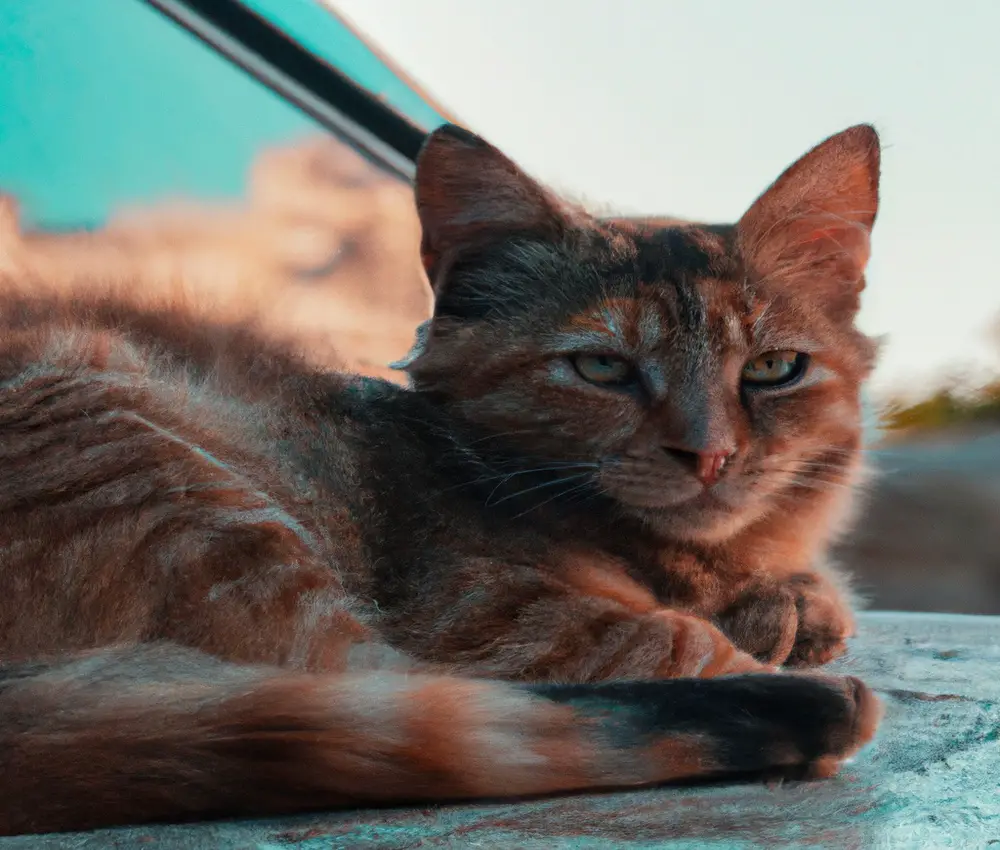
The Appeal of Oatmeal to Cats
Cats are often drawn to oatmeal due to its aromatic and textured nature. Additionally, oatmeal serves as a source of fiber which can be beneficial for their digestive health.
The Aroma and Texture of Oatmeal
The aroma and texture of oatmeal can be highly appealing to cats.
The warm, comforting smell of cooked oatmeal can attract them, as it resembles the scent of grains they would naturally encounter in the wild.
Cats are also drawn to the soft, mushy texture, which can be satisfying for them to sink their teeth into.
Oatmeal’s pleasant aroma and easily chewable consistency make it an enticing treat for our feline friends.
Nutritional Benefits and Risks of Oatmeal for Cats
Oatmeal can provide cats with valuable nutritional benefits, but there are also potential risks and concerns to consider.
Oatmeal as a Whole Grain
Oatmeal is a nutritious whole grain that can be beneficial for cats.
It provides fiber, vitamins, and minerals that support their digestive health.
Additionally, the complex carbohydrates in oatmeal provide a source of energy.
However, it is important to remember that cats are obligate carnivores and their main dietary requirement is animal protein.
Therefore, oatmeal should only be given to cats as an occasional treat and not as a staple in their diet.
Introduce it gradually and monitor your cat for any adverse reactions.
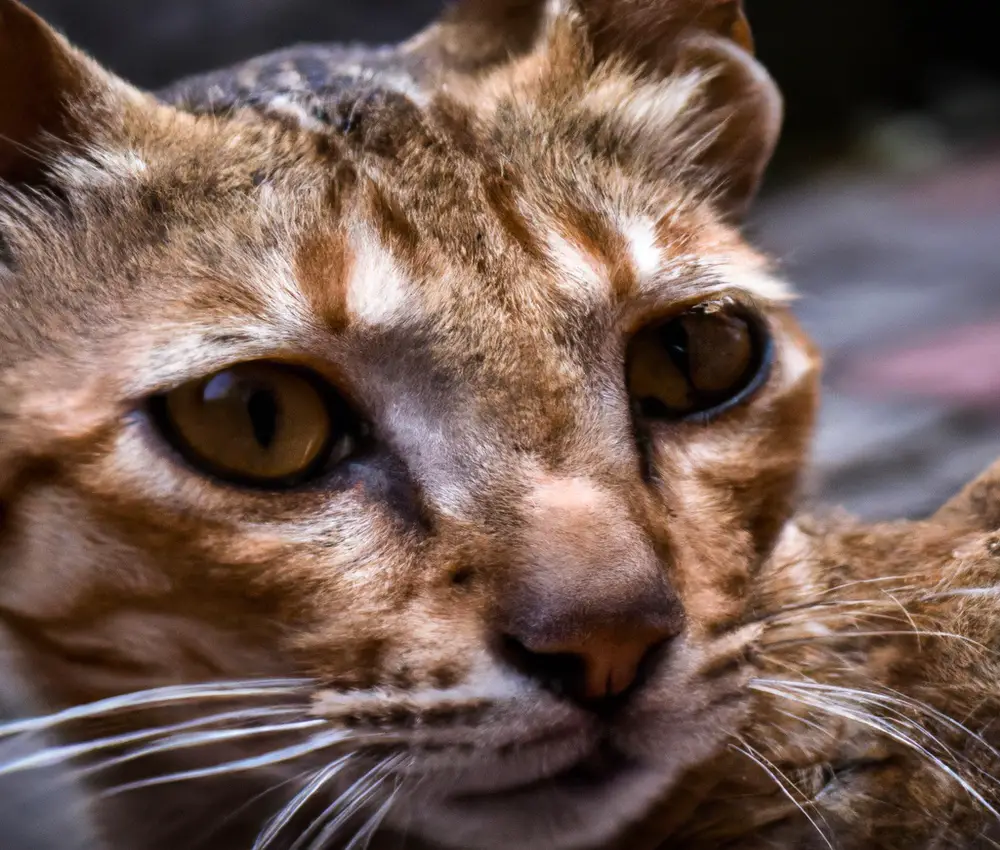
Potential Risks and Concerns
Potential Risks and Concerns: While oatmeal can be a safe and healthy addition to your cat’s diet in moderation, there are a few potential risks and concerns to consider.
- Digestive Issues: Cats are obligate carnivores, which means their bodies are designed to primarily digest meat. Oatmeal can be difficult for some cats to digest and may lead to digestive upset, such as diarrhea or vomiting.
- Allergies: Like humans, cats can develop allergies to certain foods. Oatmeal is a common allergen for cats, so if your cat is experiencing any signs of an allergic reaction, such as itching, sneezing, or swelling, it’s best to avoid feeding them oatmeal.
- Nutritional Imbalance: Oatmeal is not nutritionally complete for cats and should only be given as an occasional treat. Feeding your cat too much oatmeal can lead to nutritional imbalances, as they may not be getting all the essential nutrients they need from their regular diet.
Environmental Factors that Attract Cats to Oatmeal
Cats are attracted to oatmeal due to environmental factors such as human habits and cat imitation, sensory stimulation, and the comforting scent of oatmeal.
Human Habits and Cat Imitation
Humans play a significant role in influencing their pet cats’ behavior, including their attraction to oatmeal.
Cats are naturally curious creatures and may imitate human habits, such as eating oatmeal, out of curiosity or the desire to bond with their owners.
They may also be attracted to the aroma or texture of oatmeal.
It’s important to note that while cats can eat small amounts of oatmeal, it should not replace their regular diet.
Sensory Stimulation from Oatmeal
Sensory stimulation from oatmeal can pique your cat’s interest. The texture of oatmeal may feel unique and enjoyable to your cat’s paws.
Its smell can also be enticing.
Cats have a keen sense of smell, and the aroma of oatmeal may attract them. Additionally, the taste of oatmeal may appeal to your cat’s palate.
It’s important to note that not all cats will be interested in oatmeal, as preferences can vary.
But for some cats, it might be a source of sensory fun!
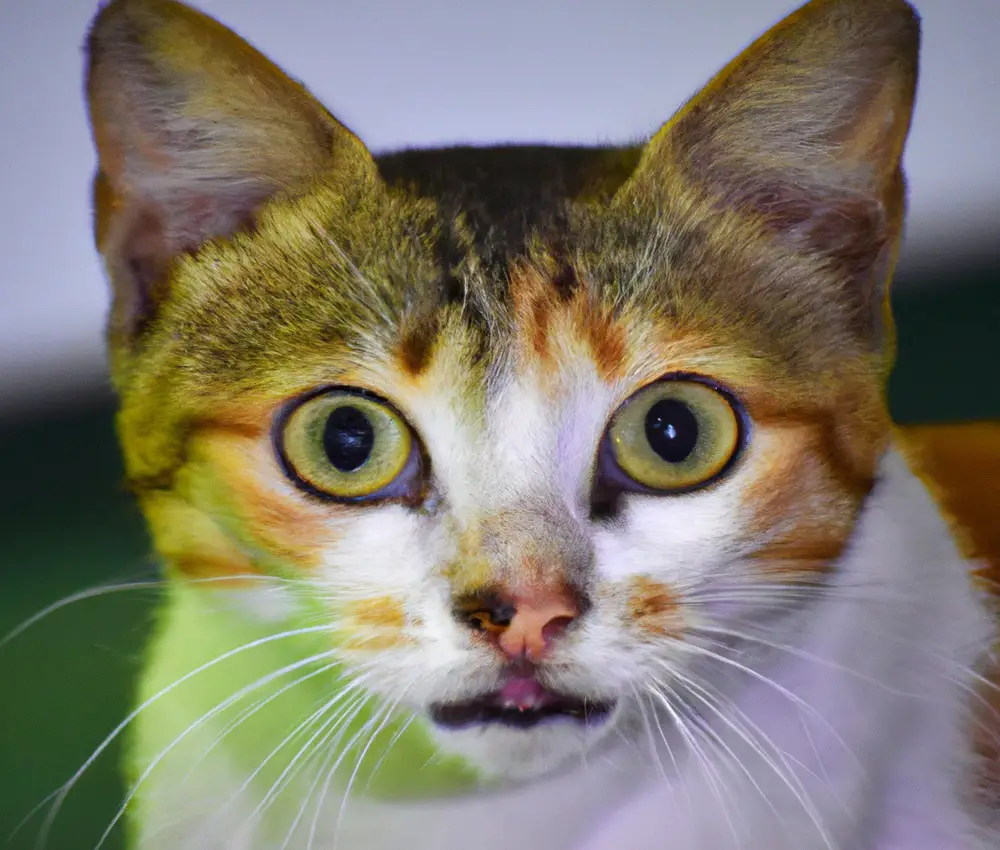
Oatmeal as a Comforting Scent
Oatmeal has a comforting scent that some cats find appealing. The natural, earthy smell of oatmeal can make them feel calm and relaxed.
This scent can also remind them of being cozy and warm, like snuggling up in a cozy blanket.
So, if your cat is obsessed with oatmeal, it’s likely because they find its comforting scent irresistible.
Strategies to Manage a Cat’s Oatmeal Obsession
To manage your cat’s oatmeal obsession, try providing balanced, species-appropriate meals and offering alternative nutritious food options.
Providing Balanced and Species-Appropriate Meals
Providing balanced and species-appropriate meals is essential to ensure your cat’s health and well-being.
Here are some tips to help you achieve this:
- Feed a high-quality cat food: Look for options that are specifically formulated for cats, ensuring they meet their nutritional needs.
- Focus on animal-based protein: Cats are carnivores and require a diet rich in animal protein. Look for foods that list meat or fish as the main ingredient.
- Limit carbohydrates: While some carbohydrates are necessary, cats do not require large amounts. Avoid foods that have grains or fillers as the main ingredients.
- Provide moisture: Cats have a low thirst drive, so it’s important to give them wet food or add water to their dry food to ensure they stay adequately hydrated.
- Offer variety: Rotate different proteins and flavors to prevent boredom and ensure a well-rounded diet.
- Consult with a veterinarian: They can provide personalized guidance on your cat’s specific dietary needs and any health conditions they may have.
Offering Alternative Nutritious Food Options
Offering alternative nutritious food options is important to manage your cat’s oatmeal obsession.
Opt for high-quality cat food that provides all the essential nutrients your cat needs.
Look for brands that use real meat as the main ingredient and avoid artificial additives.
Additionally, you can try introducing wet food or raw food to your cat’s diet, as these options offer different textures and flavors.
Consulting with a veterinarian can help you determine the best alternative food options for your cat’s specific dietary needs.
Incorporating Play and Interactive Toys
To keep your cat entertained and distract them from their oatmeal obsession, incorporating play and interactive toys is key.
Try using toys that mimic prey, such as feather wands or mice toys, to activate their hunting instincts.
Interactive treat-dispensing toys can also engage their minds and give them a fun challenge.
Rotate the toys regularly to prevent boredom and keep their interest high.
Engaging in play sessions with your cat is also important to strengthen your bond and provide them with exercise.
Experiment with different types of toys to find what your cat enjoys the most.
Training and Redirecting Your Cat’s Attention
Training and redirecting your cat’s attention can help manage their oatmeal obsession. Here are some effective strategies:
- Use positive reinforcement: Reward your cat when they display appropriate behavior and ignore unwanted behavior. This encourages them to focus on more desirable activities.
- Provide alternatives: Offer interactive toys, scratching posts, or puzzle feeders to engage their attention and provide mental stimulation.
- Create a feeding routine: Establish regular feeding times to avoid constant food-seeking behavior. This can help reduce their fixation on oatmeal.
- Distract with playtime: Engage your cat in interactive play sessions to redirect their energy and distract them from their oatmeal obsession.
- Maintain a cat-friendly environment: Ensure your home is enriched with climbing structures, hiding spots, and perches to keep your cat entertained and occupied.
Remember, consistency and patience are key when training your cat. With time and effort, you can help redirect their attention away from oatmeal and onto healthier activities.
Frequently Asked Questions
Can I give my cat oatmeal every day?
Giving your cat oatmeal every day is not recommended. While oatmeal can be a healthy snack for cats occasionally, it should not be a staple in their diet.
Cats need a balanced and specialized diet that includes protein, fat, and essential nutrients.
Feeding them oatmeal every day may cause nutritional imbalances and digestive issues. Consult with your veterinarian to determine the most appropriate diet for your cat’s specific needs.
My cat refuses to eat anything besides oatmeal. What should I do?
If your cat is refusing to eat anything besides oatmeal, it may be a cause for concern. While oatmeal can be safe for cats in small amounts, it should not be their sole source of nutrition.
Here’s what you can do:
- Consult your vet: Schedule a check-up to rule out any underlying health issues that may be affecting your cat’s appetite. They can provide guidance tailored to your cat’s specific needs.
- Introduce a balanced diet: Gradually transition your cat to a balanced and nutritious cat food. Start by mixing a small amount of the new food with the oatmeal, gradually increasing the ratio over time.
- Offer a variety of options: Cats can be picky eaters, so provide different flavors and textures to entice their appetite. Wet food, dry kibble, and treats can all provide variety and nutrition.
- Maintain a regular feeding schedule: Cats thrive on routine, so establish set meal times and stick to them. This helps create a sense of consistency and can encourage your cat to eat.
Can oatmeal be used as a treat for training purposes?
Oatmeal can be used as a treat for training purposes for your cat. It is a healthy and low-calorie option that many cats love.
You can break it into small pieces and use it as a reward during training sessions.
However, it’s important to feed oatmeal in moderation and ensure it doesn’t replace a balanced and complete diet for your cat. Also, make sure your cat doesn’t have any allergies or digestive issues before introducing oatmeal as a treat.
Final Verdict
Cats may be attracted to oatmeal for various reasons, including the aroma, texture, and sensory stimulation it provides. While oatmeal can be a source of fiber and a nutritious addition to a cat’s diet, it should not be the sole or primary food.
It is important to provide balanced and species-appropriate meals for your cat, offer alternative nutritious food options, incorporate play and interactive toys, and redirect your cat’s attention away from oatmeal.
Remember to consult with a veterinarian for specific dietary advice for your cat’s needs, and always prioritize their overall health and well-being.

